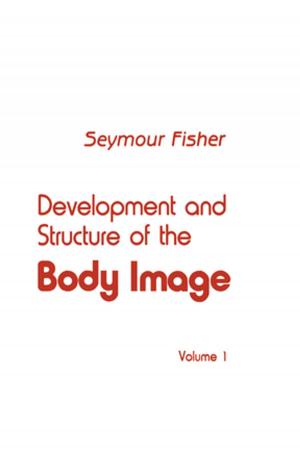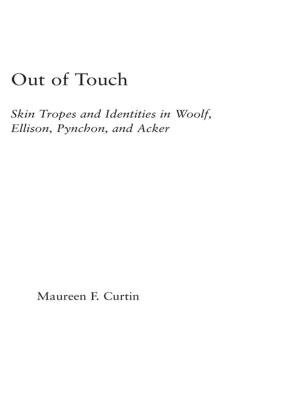Foundations for Research
Methods of Inquiry in Education and the Social Sciences
Nonfiction, Reference & Language, Education & Teaching| Author: | ISBN: | 9781135656058 | |
| Publisher: | Taylor and Francis | Publication: | October 3, 2003 |
| Imprint: | Routledge | Language: | English |
| Author: | |
| ISBN: | 9781135656058 |
| Publisher: | Taylor and Francis |
| Publication: | October 3, 2003 |
| Imprint: | Routledge |
| Language: | English |
Designed for introductory research courses in the professional fields and social sciences, this text acquaints students and beginning researchers with a broad view of research methodologies and an understanding of the assumptions that inform each of these approaches. More experienced researchers will also find the book useful in acquainting them with methodologies and theoretical frameworks that are new to them.
The text is distinguished by its avoidance of using the discreet categories of qualitative and quantitative methods to organize the chapters. While some chapter authors rely more on one or the other, many employ multiple methodologies to investigate particular problems and questions. Further, the book is not organized into single, contradictory positivist-interpretivist categories of research; chapter authors often situate methodologies within a variety of, and sometimes multiple, theoretical positions, particularly as these approaches are shaped by the historical context of social science research.
Focus points in Foundations for Research: Methods of Inquiry in Education and the Social Sciences:
*research ethics.
*intertwined relationship of theory and research design.
*systematic examination of ways to design and implement high-quality, trustworthy research across varying research designs.
*specific methods for implementing research within various frameworks.
*pedagogical strategies.
Designed for introductory research courses in the professional fields and social sciences, this text acquaints students and beginning researchers with a broad view of research methodologies and an understanding of the assumptions that inform each of these approaches. More experienced researchers will also find the book useful in acquainting them with methodologies and theoretical frameworks that are new to them.
The text is distinguished by its avoidance of using the discreet categories of qualitative and quantitative methods to organize the chapters. While some chapter authors rely more on one or the other, many employ multiple methodologies to investigate particular problems and questions. Further, the book is not organized into single, contradictory positivist-interpretivist categories of research; chapter authors often situate methodologies within a variety of, and sometimes multiple, theoretical positions, particularly as these approaches are shaped by the historical context of social science research.
Focus points in Foundations for Research: Methods of Inquiry in Education and the Social Sciences:
*research ethics.
*intertwined relationship of theory and research design.
*systematic examination of ways to design and implement high-quality, trustworthy research across varying research designs.
*specific methods for implementing research within various frameworks.
*pedagogical strategies.















